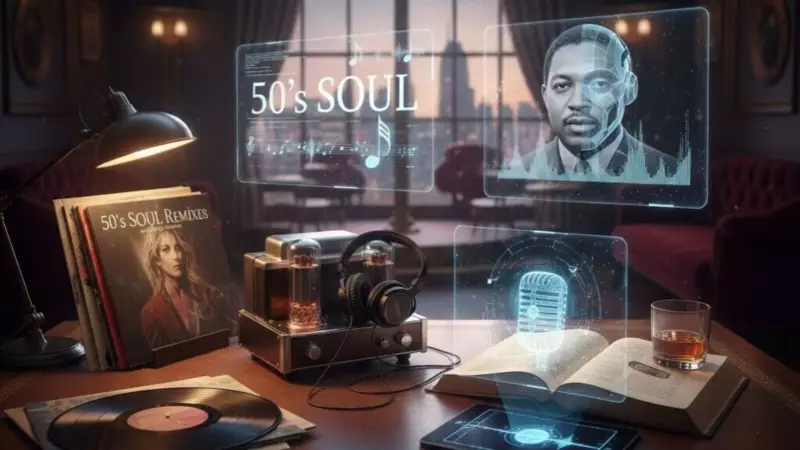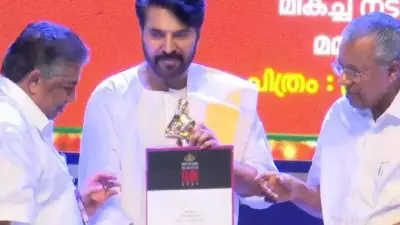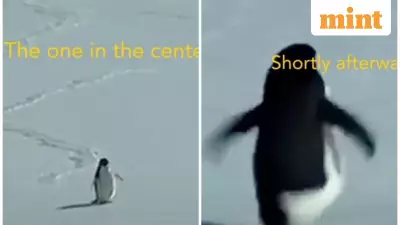
The music industry is standing at the precipice of a technological revolution that promises to reshape creativity itself. Artificial intelligence has advanced to the point where it can generate music that sounds indistinguishable from human-created compositions, complete with convincing vocal imitations of famous artists.
The Double-Edged Sword of AI Music
While the technical achievement is remarkable, this breakthrough comes with significant legal and ethical implications that could determine the future of musical artistry. The same technology that allows for breathtaking musical experimentation also enables the creation of unauthorized deepfake tracks featuring artists' voices without their consent or compensation.
Copyright Chaos Looms
The legal framework surrounding AI-generated music remains murky at best. Current copyright laws were designed for human creators, leaving gaps when it comes to artificial intelligence. Several critical questions remain unanswered:
- Who owns the rights to AI-generated music that mimics existing artists?
- How should original artists be compensated when their style or voice is replicated?
- What constitutes fair use in the age of AI music generation?
- How can artists protect their unique vocal identities from unauthorized replication?
The Industry's Response
Record labels and music platforms are scrambling to develop policies to address this emerging technology. Some platforms have begun removing AI-generated tracks that clearly infringe on existing copyrights, while others are exploring licensing models that could provide compensation to original artists.
The situation represents a fundamental shift in how we define musical creativity and ownership. As AI systems become more sophisticated, the line between human and machine-generated art continues to blur, challenging our very understanding of what constitutes original creative work.
Artists Face an Uncertain Future
For working musicians, the rise of AI music presents both opportunities and existential threats. Some artists are experimenting with AI as a collaborative tool, using it to generate ideas or enhance their creative process. Others fear being replaced by algorithms that can produce music more quickly and cheaply than human creators.
The coming years will likely see landmark legal cases that establish precedents for how AI-generated music is treated under copyright law. Until then, artists and the industry must navigate this uncharted territory carefully, balancing innovation with protection of creative rights.





